One thing the United States has that’s not necessarily common throughout much of the world is the decentralization of power. Oh, don’t get me wrong, the federal government still has plenty of authority–way too much, if you ask me–but there’s also a lot of power resting in the states.
Well, in Australia, they’re blaming their own decentralization for their recent mass shooting.
A former police officer who investigated Melbourne’s Hoddle Street massacre has joined the push for a genuine national firearms register amid concerns about an existing database that experts says is hindered by inconsistencies between jurisdictions.
The deadly shooting of two young police officers and a neighbour on a remote Queensland property last week has sparked renewed calls for an overhaul of Australia’s firearms databases and the creation of a centralised register.
Graham Kent, who investigated the 1987 Hoddle Street shooting – in which seven people died and which prompted recommendations for a national gun ownership register – said the stalled reform had been unable to progress partly due to “differing interests and competitions between different police jurisdictions” and a lack of political will.
“We can live with slightly different road rules between the states but firearms regulation is a much more important matter to have harmony in the legislation,” he told Guardian Australia.
Kent claims that the lack of a national registry makes it too easy to travel around the nation with guns. Yet he doesn’t exactly explain how a national registry would make that difficult.
Small arms are, by definition, easily transportable. Firearms as we currently think of them are properly classified as small arms, which means just about anything you care to name is something you can just throw in a car and take wherever you want.
How would a registry change that?
The simple answer is that it wouldn’t. See, Australia’s gun control doesn’t actually control guns, it controls what law-abiding citizens can do with guns. Criminals, such as those who would gun down police officers in an ambush like what recently happened, aren’t likely to really worry all that much about making sure their guns are registered.
And if they are, they’re not really going to trip over themselves to remain in compliance with the law.
But that doesn’t matter to many in Australia. Just like here, the anti-gunners there just look for opportunities to enact what they’ve always wanted to enact but couldn’t. At the moment, it’s a national registry.
Yet no one has been able to show how such a registry would actually accomplish anything.
If it happens there, it can happen here. We all know there are countless anti-gunners who desperately want nothing more than a gun registry.
We know that a gun registry will inevitably be used for confiscation. Sooner or later, that’s precisely what will happen, even if it’s not in our lifetimes. If Australians go along with this push, even if it’s clear it will accomplish nothing, they almost deserve what comes later.
The problem is that it’s unlikely it’ll be the same folks paying the price for this mistake. It’ll be others who had nothing to do with passing such an idiotic law.
As it stands Australia’s gun registry is a trainwreck, but that trainwreck protects the average gun-owning citizen from most real confiscation efforts. It’s a shield, of sorts.
What’s being pushed now is an effort to take away that shield and create a trainwreck of a different type.
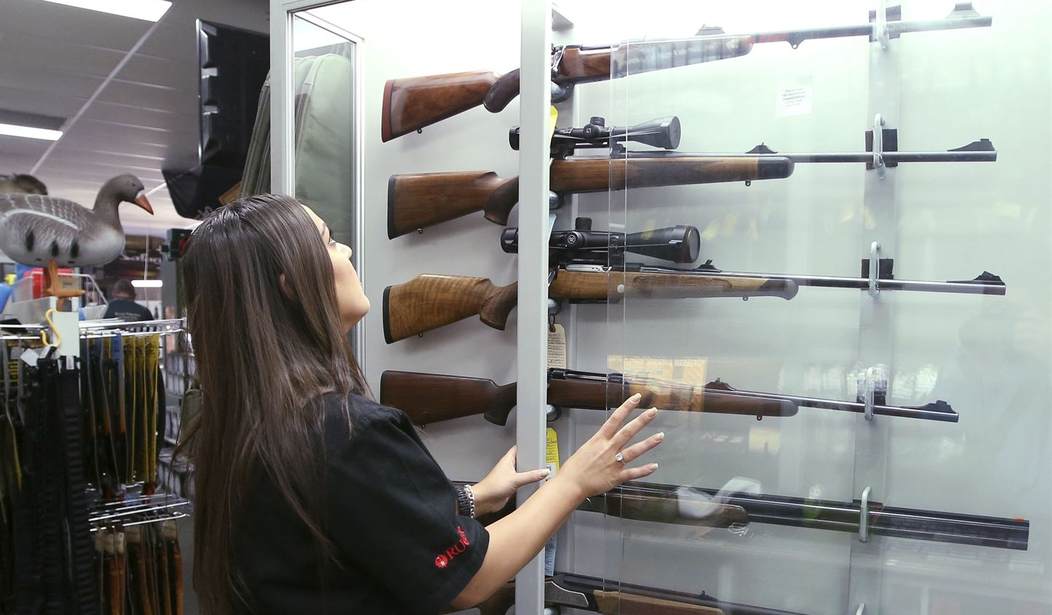
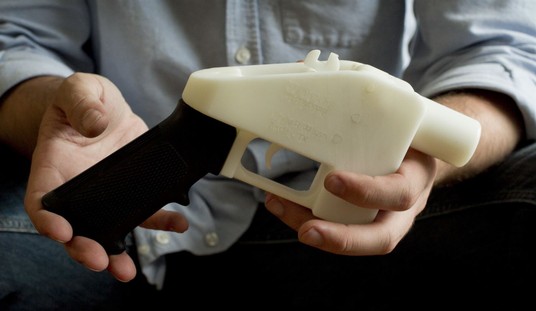

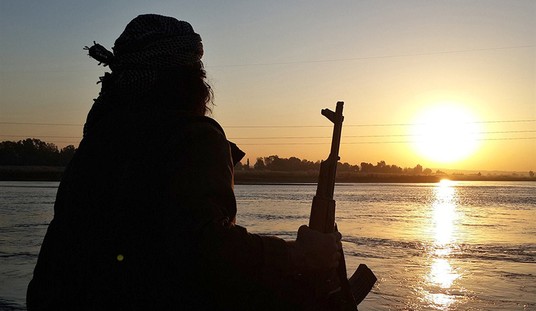
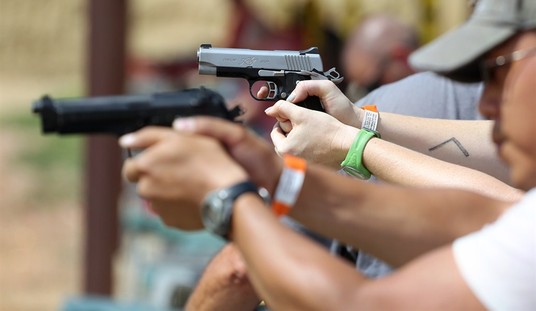
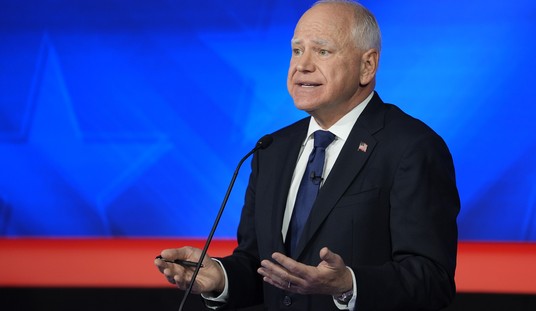
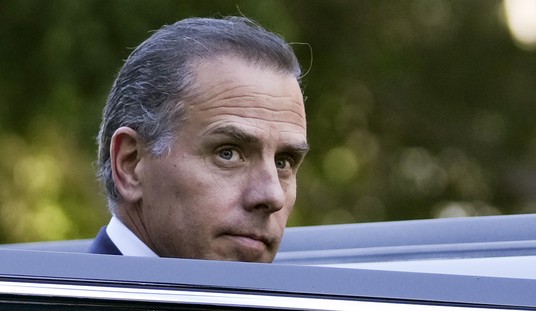
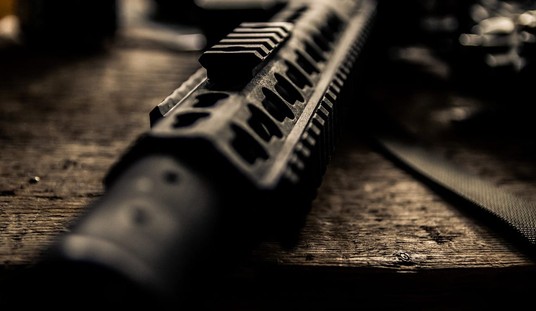
Join the conversation as a VIP Member